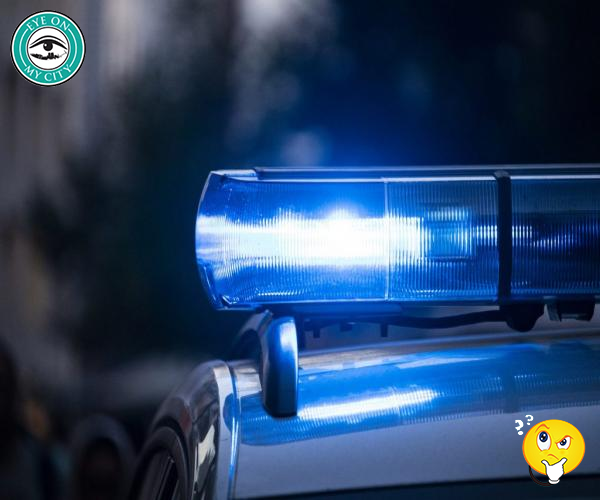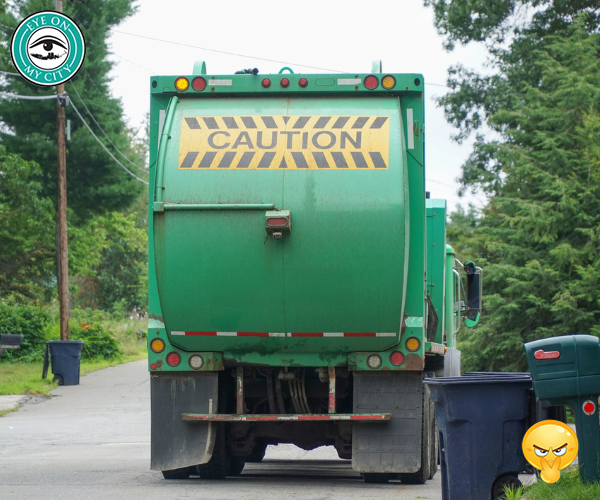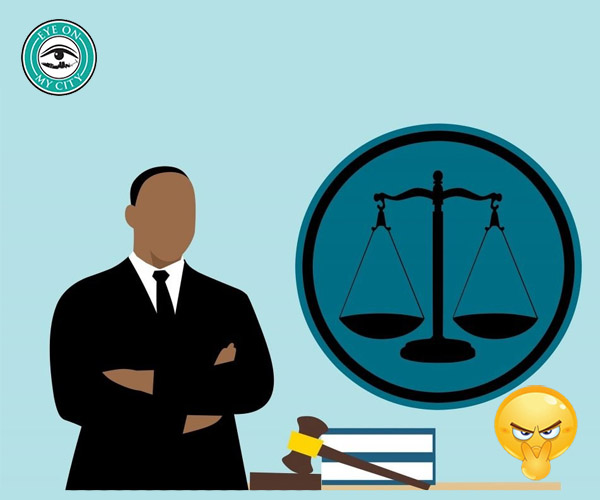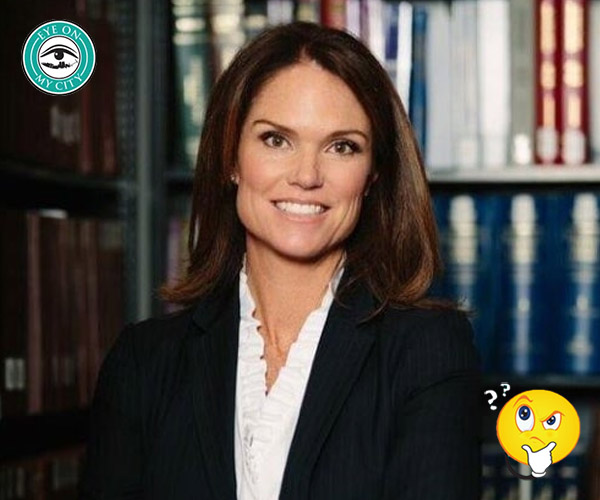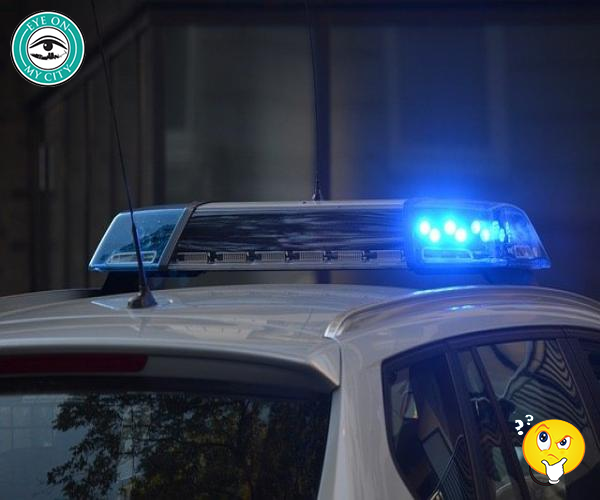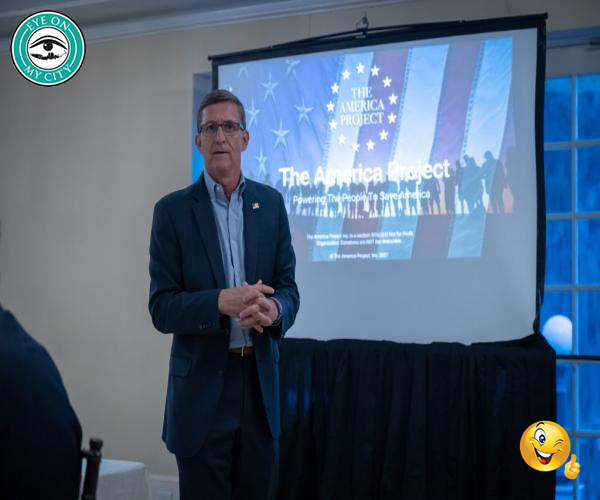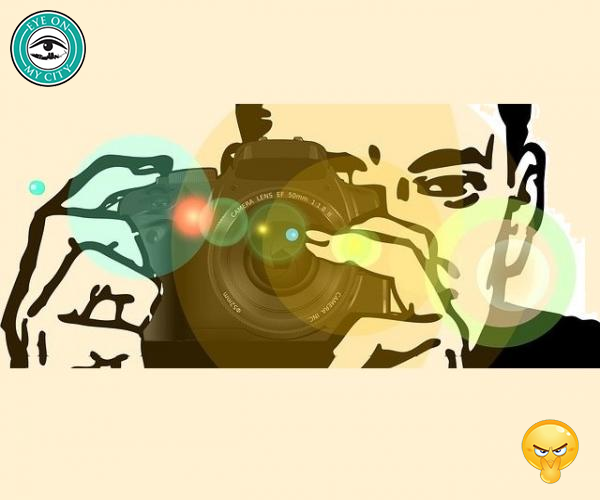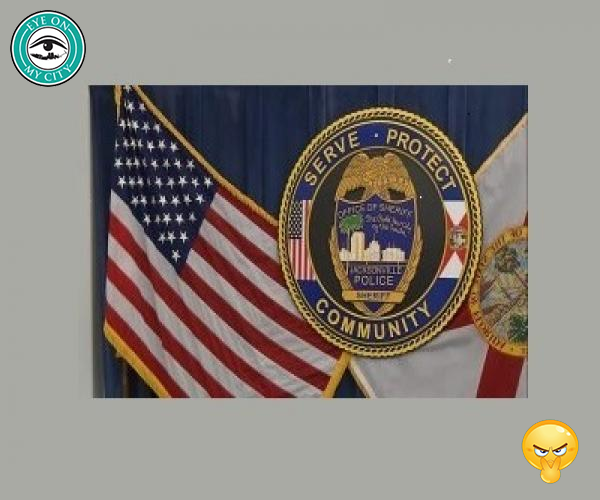
After a lapse related to the Red Chinese virus, the Jacksonville Sheriff’s Office is once again offering the city’s residents a chance to ride with officers while they are at work.
I took one this week and I highly recommend it for others – especially those who continually criticize the police.
I have reference points for a comparison. My last ride was about 25 years ago, and during the 1960s before consolidation of the city and county governments I often rode with officers and interacted with them at work.
My conclusion after last night is that today’s police officers are educated, equipped and trained differently but have the same dedication to their jobs as those 60 years ago, albeit with different challenges..
That’s not to say all of them are perfect now or were then. In the 1960s, cops were arrested for stealing, robbing and even murdering people. That remains true today, although the number of bad apples is much smaller because they do much better in the selection process.
My most recent trip began when I met Patrolman Billy Parker at the Zone 4 substation in the Cedar Hills Shopping Center. He is a 5-year veteran who decided on a law enforcement career late in life but is glad he did.
The first thing I noticed was the equipment. In the ‘60s cops carried a 6-shot revolver, a few extra bullets, handcuffs and usually a club. Today: a semi-automatic with 10 or more founds, extra magazines, handcuffs, flashlight, walkie-talkie, Taser, body camera and bullet-proof vest. That’s a lot of gear to carry.
We were not covering a geographic area as the beat cars do. Parker and several other officers don’t normally answer routine calls but roam the entire zone focusing on high crime areas or doing other special duties.
One of them is serving warrants and their first task was to seek a man and woman wanted for a brutal home invasion robbery.
They had information about the couple’s location and we went there. It turned out the suspects had left so they tried another known location nearby.
We parked a block away and approached in the dark. Parker went to the front door and the others took up positions around the house. One knocked on the front door and in a few seconds a man hurried out the back door onto a screen porch.
An officer in front of me with a rifle ordered the man to stop and show his hands, which he wisely did. He was put on the ground and handcuffed.
The female suspect was not there. Parker took the suspect to police headquarters downtown and waited while a robbery detective interrogated him. Then he was taken to the jail and booked, and the evidence was packaged and turned into the property room.
The amount of time spent on those tasks and filling out paperwork on the patrol car’s computer was extensive. But the police have to do it to ensure a solid case when the State Attorney’s Office takes it to court.
I was impressed with the professional way the officers conducted themselves and the way they treated people they encountered while on duty – including suspects.
They also displayed what seemed to be the proper mixture of caution and courage when doing the dangerous work of capturing a suspect in a violent crime who previously had a shotgun in his possession.
There are many limitations and safeguards in place that were not there 60 years ago. Then, there was no Miranda warning, warning shots were not prohibited, car and foot chases were not subject to a bevy of rules and regulations.
Most of all, the police then had much greater support than they do now.
What is unfortunate is that the media does not interact with the police as we did then. I had free access to officers, reports, crime scenes, police headquarters and even to suspects. It resulted in more accurate and detailed stories, I believe, and did not impede the legal process. Today, reporters are fed information by press release and briefings.
In any case, if you are inclined to believe the critics who say cops are prone to killing innocent people for no reason, go ride with one and judge for yourself who is the greater threat to society – the cop or the criminal.


